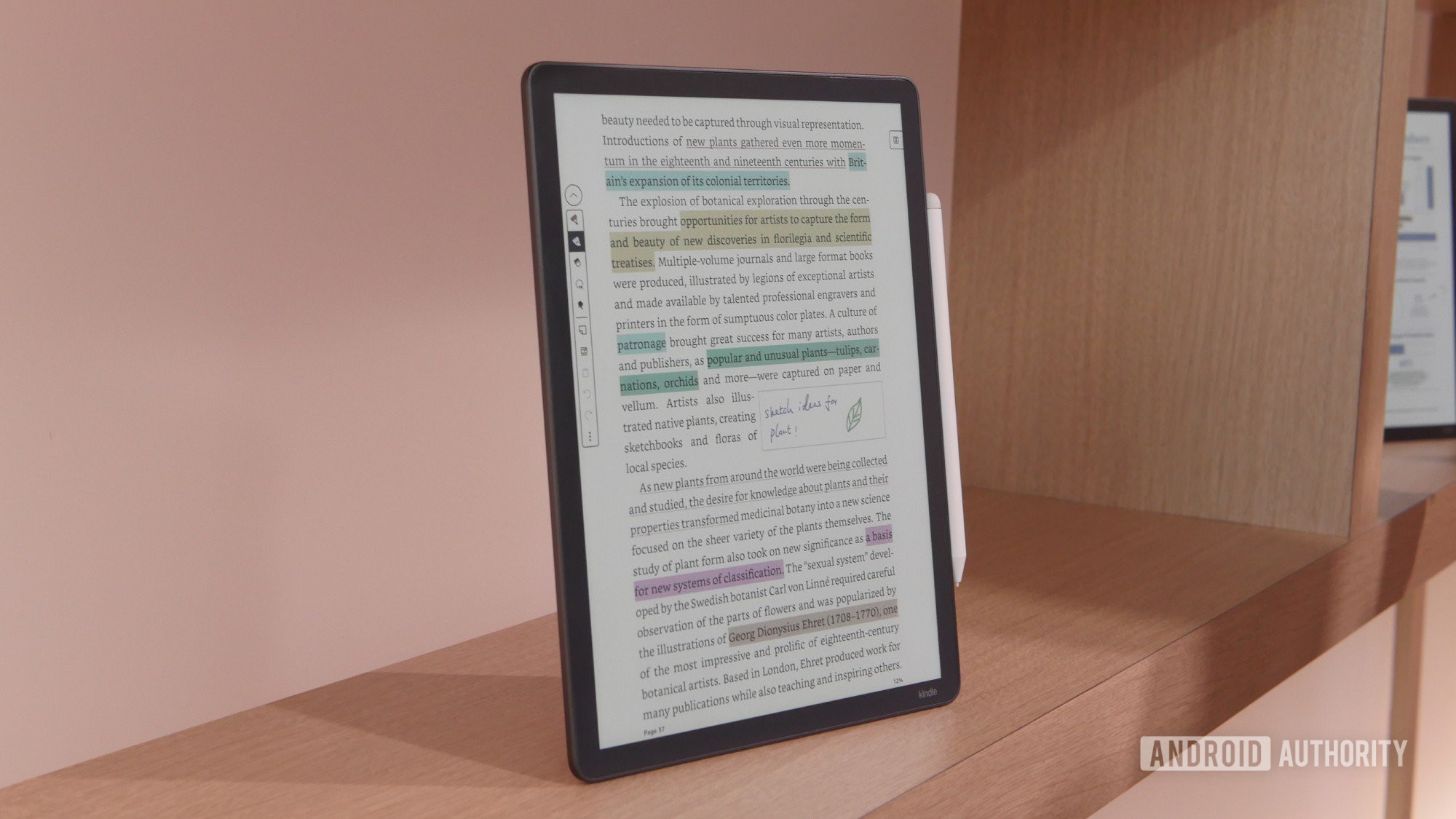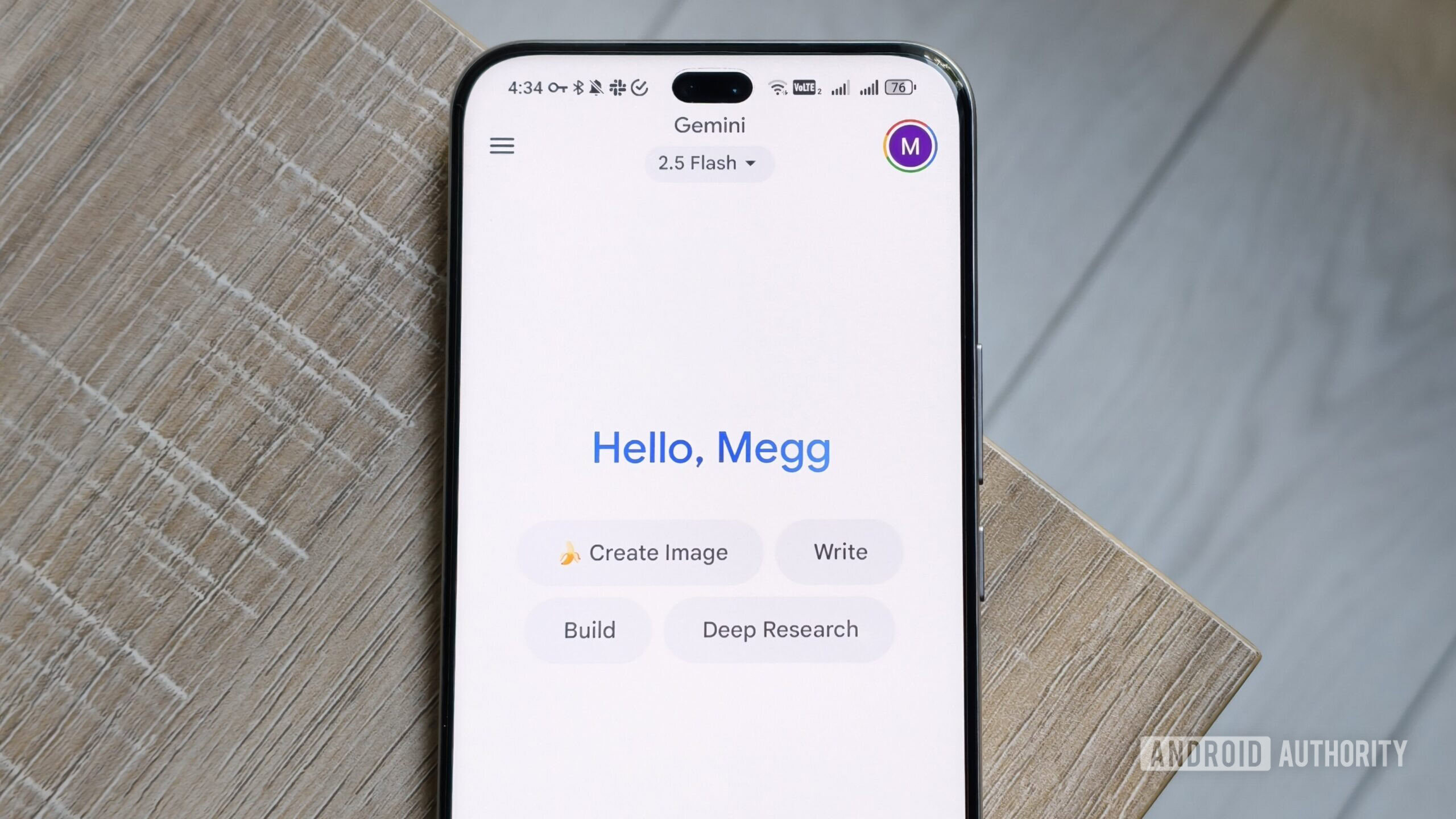This article contains affiliate links, we will receive a commission on any sales we generate from it.Learn more If you have a Google Nest thermostat attached to your wall and use it to control your heating, it might be about to stop working properly next week.Google acquired Nest in 2014 and has since produced several generations of the Nest Learning Thermostat, smart thermostats that control your heating but are also able to be controlled remotely via the Google Nest or Google Home app.Article continues below ADVERTISEMENT Read more: New Android attack can show your texts and Gmail inbox to hackers Read more: I tested the latest noise-cancelling wireless earbuds – these are the best ones As of Saturday October 25, 2025, three models of Nest Learning Thermostat “will no longer connect to or work in the Google Nest app or Google Home app”, according to Google.“Starting October 25, 2025, your device will be unpaired and removed from your Nest app or Home app,” Google said on a Nest support page.“This also removes third-party assistants and other connected features like Home/Away Assist.
Nest Protects will also disconnect from the thermostat and emergency shut off will no longer run.”Nest Protect refers to Google Nest’s range of smoke alarms and CO alarms.Article continues below ADVERTISEMENT"Fourteen years ago we introduced the Nest Learning Thermostat, which revolutionized the entire smart home industry," a Google spokesperson told Express.co.uk."Since then we’ve continued to evolve the product, bringing more features designed to help you save energy and money."To fully invest in these advancements and bring you the most cutting-edge features on our latest generation of Nest thermostats, we will be transitioning away from supporting some of our earliest devices."Google laid out these plans as far back as April when it confirmed it would be retiring the app connectivity and other features of the Nest Learning Thermostat (1st gen, 2011), Nest Learning Thermostat (2nd gen, 2012), and Nest Learning Thermostat (2nd gen, Europe version, 2014).If you have one of these three versions of Nest Learning Thermostat, you only have days left of it fully working.Dick and Dom feature in promo for Google Gemini Google says that from October 25, “you will no longer receive software updates.
You will no longer be able to control them remotely from your phone or with Google Assistant, but can still adjust the temperature and modify schedules directly on the thermostat.”The firm also said any existing schedules you have programmed in the app will continue to work.The bad news for owners of the three affected thermostats is that Google is not offering to replace them for free.In the US and Canada, the firm is offering customers $130 and $160 respectively off the Nest Learning Thermostat (4th gen).But Google does not sell Nest thermostats in the UK any more.Instead, the firm is offering all affected UK and European customers 50 percent off the Tado Smart Thermostat X - Starter Kit, which costs £159.99.
At the time of writing it was on sale for £109.99.Tado is a competitor to Google Nest, but Google has evidently been forced to cook up an offer to placate affected customers given it has chosen not to sell Nest thermostats in Europe.Tado has provided Express.co.uk with detailed instructions on how to replace your Nest system with the Tado product Google is recommending.You can view these instructions in the below image (click to enlarge):If you think you are affected by this change, you should receive an email from Google with a personalised link through which you can access the discount offer on a Tado system."Heating systems in Europe are unique and have a variety of hardware and software requirements that make it challenging to build for the diverse set of homes," the Google spokesperson said when asked why the firm does not sell Nest thermostats in the UK."Moving forward, we’ll partner with established smart thermostat companies to provide a new energy experience on the Google Home platform."We remain deeply committed to our users in Europe, and will continue to launch new devices and features in Europe as well as globally - like the recent Google Home announcements." Read next SUBSCRIBE Invalid emailWe use your sign-up to provide content in ways you've consented to and to improve our understanding of you.
This may include adverts from us and 3rd parties based on our understanding.You can unsubscribe at any time.Read our Privacy Policy








